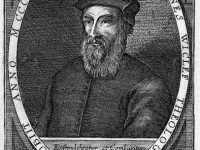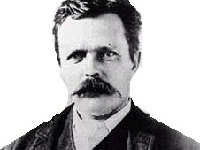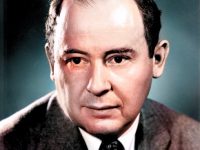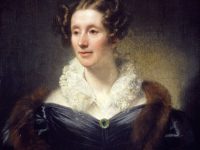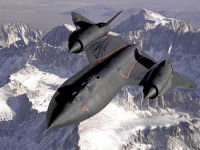John Wycliffe and the Dawn of the Reformation
On December 31, 1384, English scholastic philosopher, theologian, biblical translator, reformer, priest, and Oxford seminary professor John Wycliffe passed away. Wycliffe became an influential dissident within the Roman Catholic priesthood during the 14th century and is considered an important predecessor to Protestantism. Wycliffe advocated translation of the Bible into the common vernacular. In 1382 he completed a translation directly from the Vulgate into Middle English – a version now known as Wycliffe’s…
Read more

